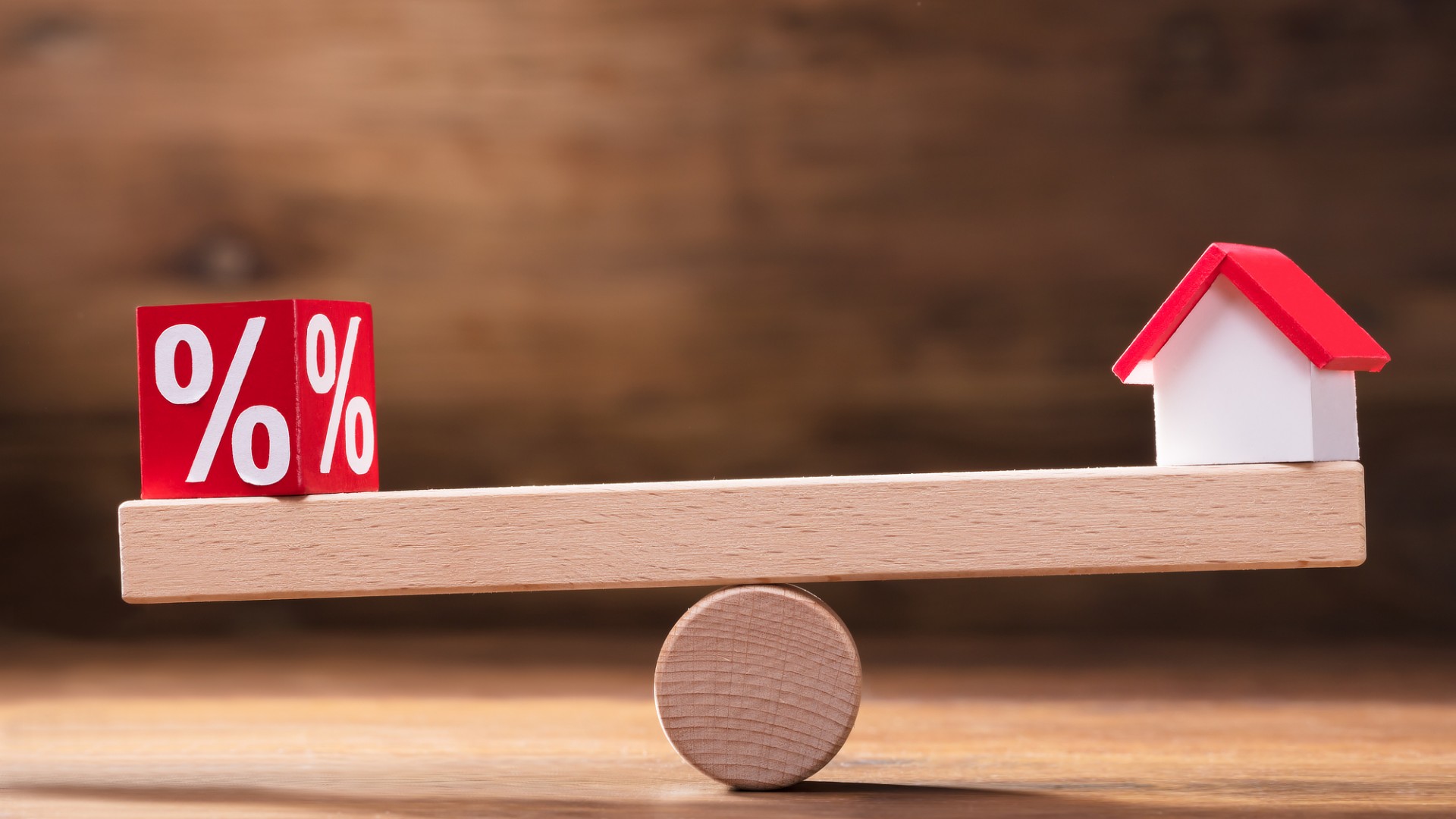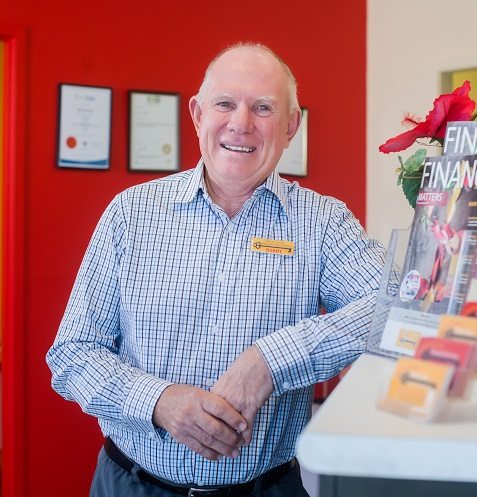
As an aspiring homeowner, you may have heard a lot about 'fixed interest rates' vs 'variable interest rates' when it comes to mortgages.
These concepts can be confusing at first glance, but they’re actually fairly simple. Still, your decision to opt for either fixed or variable interest rates can have a major impact on how much you actually end up paying for your property, so it's well worth taking some time to consider your options.
In this article, we'll take a look at both types of interest rates and when you should consider each one.
What are Fixed Interest Rates?
Fixed interest rates are loans where the interest rate remains fixed for the entire term of the fixed-rate period usually a maximum period of 5 years. In other words, you pay the exact same amount of interest on your loan throughout the duration of the fixed-rate period.
Over time, the market interest rates will change, sometimes drastically, but that won’t affect your loan and you’ll continue to pay the same amount of interest you did on day one.
When it comes to mortgages, you can be paying back your loan for an extremely long time — often decades, so it’s worth considering if you really want to lock in one rate.
What are Variable Interest Rates?
On the other hand, variable interest rates change as the market rates change. Market interest rates are constantly fluctuating due to a wide variety of economic factors, and if you choose a variable rate mortgage, the amount of interest you pay will also change.
This is usually linked to an underlying index, like Australia’s cash rate. As a borrower, the amount of interest you pay on your mortgage could change quite a bit over the duration of the loan. It’s impossible to predict how interest rates will change when you take out a mortgage.
When Should You Fix Rates?
So, when should you opt for fixed interest rates on your mortgage? These are usually higher than variable interest rates, so they may not seem like the best option most of the time. However, there are some good reasons to consider fixed interest rates.
The main reason is during periods of low-interest rates. At these times, it makes sense to lock in the low rate while you can. Because mortgages tend to have very long durations, you could benefit in the long-run from fixing your rates during a time of historically low interest.
Also, it’s more predictable. With a fixed-rate mortgage, you know exactly how much you will pay back each month for the duration of the mortgage. You don’t have to worry about sudden and unexpected increases in interest rates as you would with a variable rate mortgage.
When Should You Use Variable Rates?
Statistically, the answer is most of the time. Studies have shown that lenders with variable rate loans tend to pay less over time.
Still, there are risks to weigh up. While a variable rate loan may seem tempting during a time when interest rates are decreasing, they could always swing back the other way.
For long loan periods — like a mortgage — it’s worth keeping in mind the fact that interest rates could change quite drastically over time and the rates when you take out the loan could be very different from those 10 or 20 years down the line.
Can a Broker Help You Choose the Right Type of Interest Rates?
When deciding on the type of interest rates for your mortgage, a mortgage broker can be a big help. Here are some of the reasons to use a broker when getting a mortgage:
A good broker can walk you through the situation and help you make the best decision based on your own personal situation. Good brokers have years of experience and know what to suggest based on your own unique needs and circumstances.
Brokers can help you get the best deal on rates and terms. For example, if you opt for a fixed-rate mortgage, brokers can make sure you lock in the most favourable rate, which can save you a lot of money in the long run.
A broker can show you options you may not have considered. For example, one popular type of mortgage is a 5/1 Adjustable Rate Mortgage (ARM), where you pay a fixed rate for the first five years and then it becomes a variable loan. There are many possibilities like this that you may not even be aware of without the help of a broker.
Taking out a mortgage is a big decision, and something many of us will only do once in our lives. It’s a loan we’ll be paying back far into the future, and so it’s crucial to make the right decision when it comes to interest rates.
At Lynam Home Loans, we help people and businesses in Mackay, Queensland find the best possible deals on loans and mortgages. We’ll walk you through the entire process and make sure you lock in the terms that are best suited to you and your individual circumstances.
To find out more about how we can help, get in touch with us.
